M700 Multi-Cell Base Station
M700 End of Sales. Directly replaced by our Next Generation M900 Base Station
The M700 IP DECT multi-cell base station provides VoIP wireless coverage across several floors or throughout large buildings. Each base station can be configured for up to 30 M65 handsets with up to 253 M700s in a deployment, accommodating a total of 1000 handsets and enabling coverage of entire office complexes across large areas.
Connected M65 handsets enjoy IP phone system features such as direct search in the corporate directory and HD audio. The M700 supports the M5 repeaters with DECT encryption to increase coverage. Wireless security is ensured by DECT encryption, while TLS and SRTP ensure secure SIP communication. Setup is easy and intuitive and there are no additional license charges.
Quick summary
-
Scalable up to 253 base stations
-
Up to 1000 handsets per installation
-
Wideband audio
-
Over-the-air synchronization
-
Repeater support
-
Snom provisioning
-
No hidden costs for licenses
-
No DECT manager required
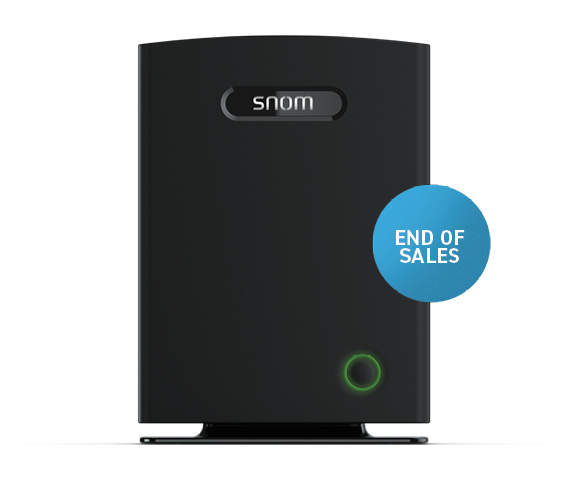
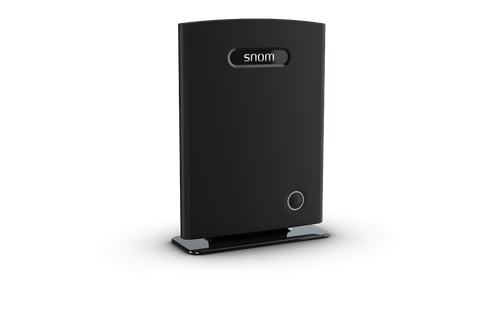
This is a carousel. Use Next and Previous buttons to navigate.
This is a carousel. Use Next and Previous buttons to navigate.
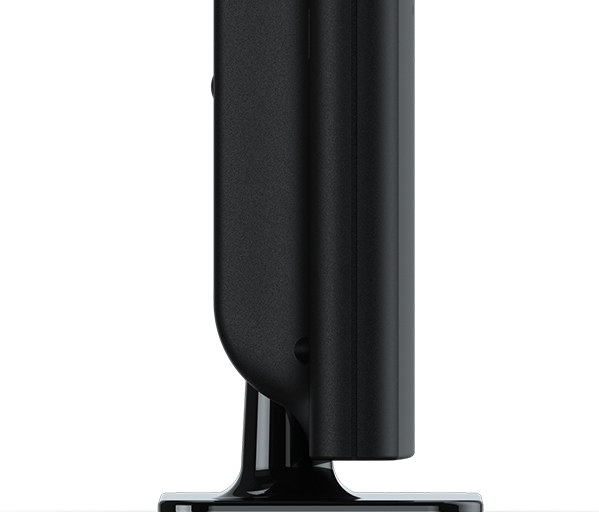
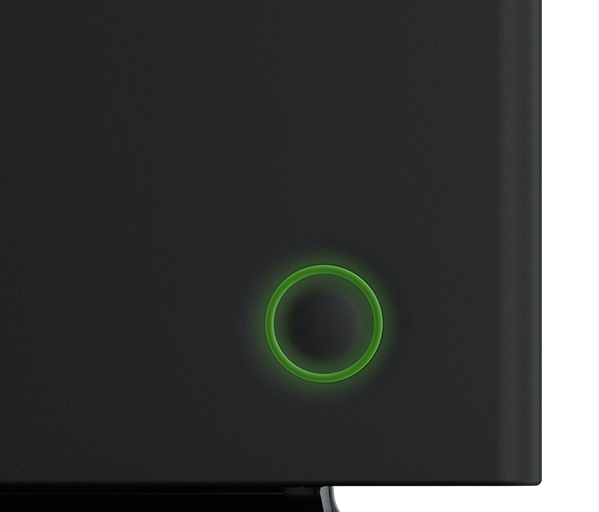
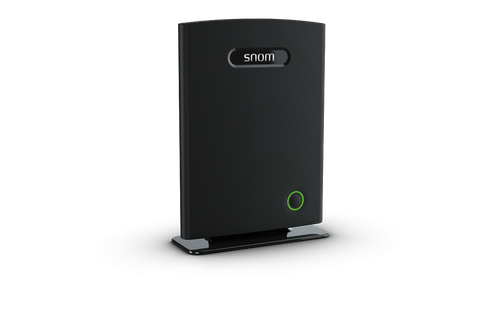
Product video:
General Information
- Weight: approx. 320g
- Dimensions: approx. (mm) 211x150x58 (LxWxD)
- Antenna diversity (two internal omni-directional antennas for better transmission and reception)
- Power: Power over Ethernet (PoE) IEEE802.3af
- Class 2. If PoE is not available, a PoE injector can be used (not included).
- Ethernet connector: RJ 45
- LAN interface: 10/100 BASE-T IEEE 802.3
- Color: black
DECT
- Frequency bands
- 1880-1900 MHz (EU)
- 1910-1930 MHz (Latin America)
- 1920-1930 MHz (US)
- Output power: EU < 250 mW, USA < 140 mW
- Protocols: DECT, DECT 6.0, CAT-iq1.0 (wideband)
- Four power levels: 14, 17, 20, 24 dBm
- Seamless handover using connection handover
- Wideband voice
- Authentication/encryption of base and handset
Range
- Indoors: Up to 50 meters
- Outdoors: Up to 300 meters (for indoor use only)
Multicell System
- Up to 1000 parallel calls in 253-base system
- Up to 1000 registered handsets in the same network in a multicell setup
- Up to 30 handsets per base station in singlecell mode
- Up to 8 narrowband or 4 wideband calls per base station in multicell setup
- Common phonebook with up to 200 entries
Audio, Codecs
- G.722 (5 channels; 4 in multicell operation)
- G.711 A-law, μ-law,
- G.726 (10 channels; 8 in multicell operation)
- Codec negotiation, codec switching
User Interfaces
- LED status indication, multicolor
- Reset key
- Web interface
Installation
- Positioning
- Floor or desktop (footstand included)
- Wall mounting
- Ceiling mounting
- Remote software updates via HTTP/ HTTPS/TFTP
- Automatic loading of settings via HTTP/ HTTPS/TFTP
- Completely configurable through Web interface
- Static IP, DHCP support
- NTP (Network Time Protocol)
- Secure provisioning and authentication with Mutual TLS through individual certificate issued by Snom CA
Standards Conformance
- EN 301406 (TBR6)
- EN 60950 - 1 (Safety)
- IEC60950 -1
- CSA c-CSA-us / UL60950 - 1
- EN 301489 (EMC,ESD)
- RF (EMF, SAR)
- FCC part 15D, conducted & radiated
- FCC part 15B
- RSS213
Supported SIP Protocols
- RFC 3261 SIP 2.0 compliant SIPS Secure SIP SRTP Limits the number of active calls per base to 4 when packet authentication is enabled
- RFC 2327 SDP: Session Description Protocol
- RFC 2396 Uniform Resource Identifiers (URI): Generic Syntax
- RFC 2617 Digest/Basic Authentication
- RFC 2833 Out-of-band DTMF support (no in-band support)
- RFC 2976 SIP INFO method
- RFC 3262 Reliability of Provisional Responses in SIP (PRACK)
- RFC 3263 Locating SIP Servers (DNS SRV, redundant server support)
- RFC 3264 Offer/Answer Model with SDP
- RFC 3265 Specific Event Notification
- RFC 3326 Reason Header Field for SIP
- RFC 3311 SIP UPDATE Method
- RFC 3325 P-Asserted Identity
- RFC 3489 STUN
- RFC 3515 REFER: Call Transfer
- RFC 3550 RTP (Real-Time Transport Protocol)
- RFC 3581 Rport
- RFC 3842 Message Waiting Indication
- RFC 3891 Replace header support
- RFC 3892 SIP Referred-By Mechanism
- RFC 3960 Early Media and Ringing Tone Generation in SIP
- RFC 4475 SIP Torture Test Messages
- RFC 4028 Session Timer
